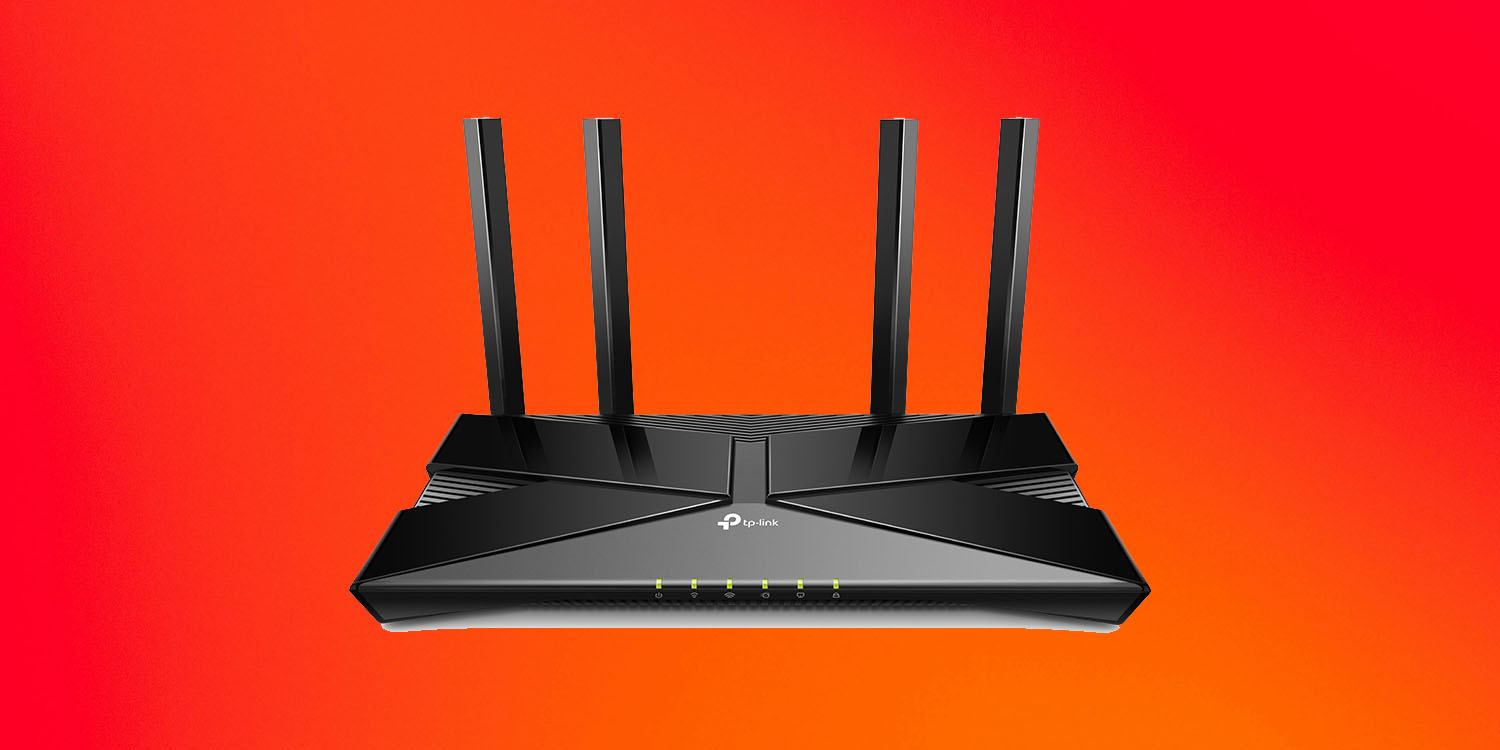
The most popular home internet router brand in the US may be banned from sale in the country over fears that it represents a threat to national security.
Three separate US agencies have opened investigations into TP-Link routers, which account for 65% of the US market, in part because badged versions are supplied to customers by more than 300 ISPs …
The WSJ reports.
U.S. authorities are investigating whether a Chinese company whose popular home-internet routers have been linked to cyberattacks poses a national-security risk and are considering banning the devices […]
Investigators at the Commerce, Defense and Justice departments have opened their own probes into the company, and authorities could ban the sale of TP-Link routers in the U.S. next year, according to people familiar with the matter.
It’s long been worrying that so many ISPs choose to supply broadband customers with routers made by TP-Link, given that they have frequently shipped with security flaws which the company fails to patch. Even more so that they have been purchased by sensitive government agencies.
Federal contracting documents show TP-Link routers supply everything from the National Aeronautics and Space Administration to the Defense Department and Drug Enforcement Administration, and the routers are sold at online military exchanges.
It’s almost as if their cheap price has been considered the most important factor …
But it appears that unpatched security vulnerabilities might be the least of it. The paper reports that TP-Link routers may have effectively been used as a botnet to carry out cyber attacks on US organizations, including suppliers to the Department of Defense.
An analysis from Microsoft published in October found that a Chinese hacking entity maintains a large network of compromised network devices mostly comprising thousands of TP-Link routers. The network has been used by numerous Chinese actors to launch cyberattacks. These actors have gone after Western targets including think tanks, government organizations, nongovernment organizations and Defense Department suppliers.
This might explain Justice Department suspicions that the company sells routers for less than they cost to manufacture.
The Justice Department is investigating whether the price discrepancies violate a federal law that prohibits attempts at monopolies by selling products for less than they cost to make, according to a person familiar with the matter. The TP-Link spokeswoman said the company doesn’t sell products below cost and is committed to compliance with U.S. laws, including antimonopoly laws.
Image: 9to5Mac composite of images from TP-Link and Mathias Reding on Unsplash
FTC: We use income earning auto affiliate links. More.






Comments